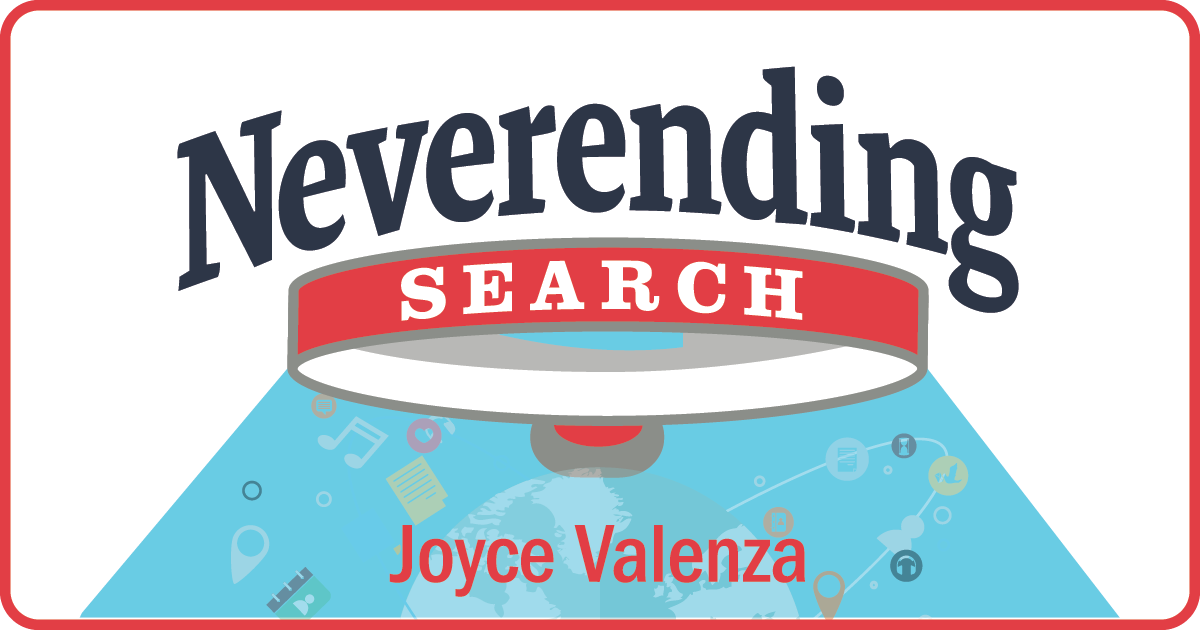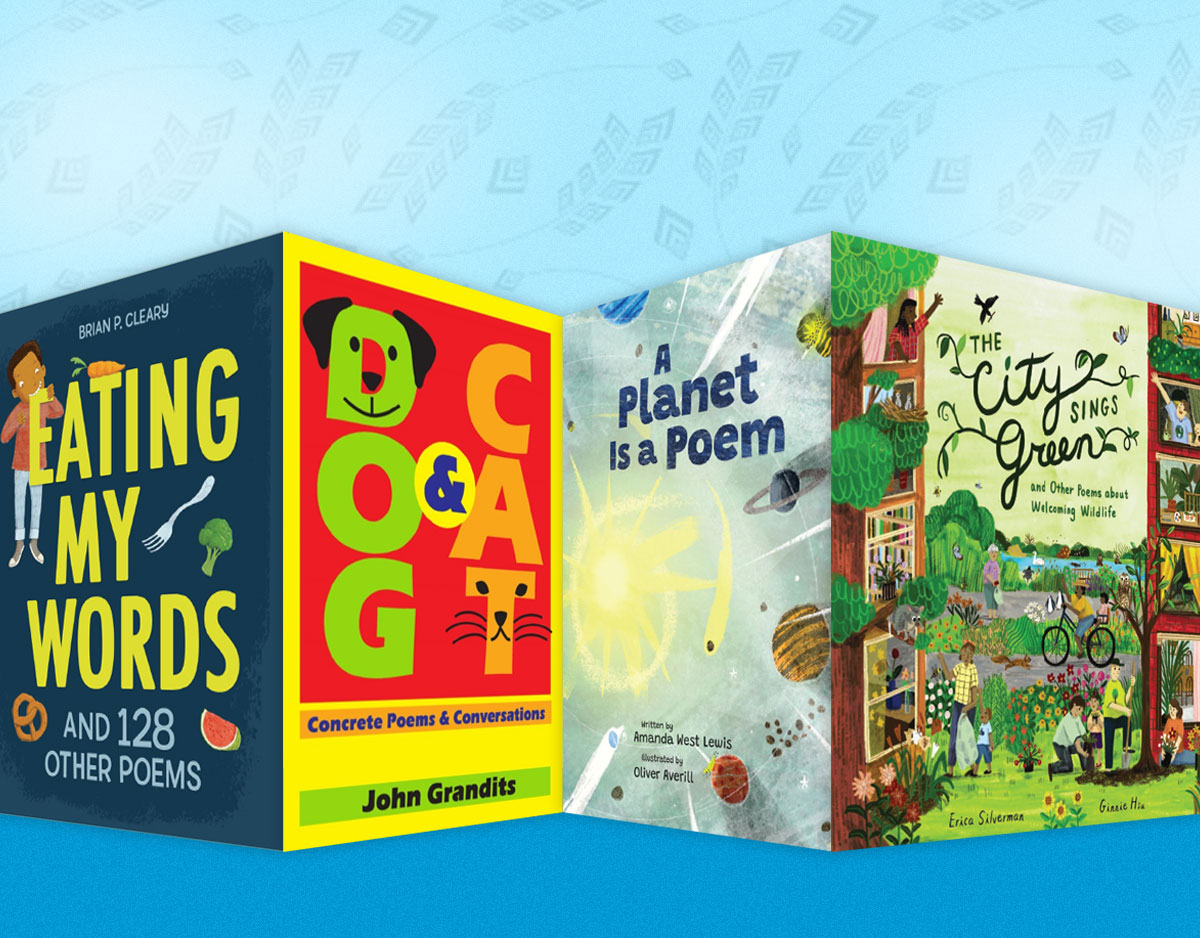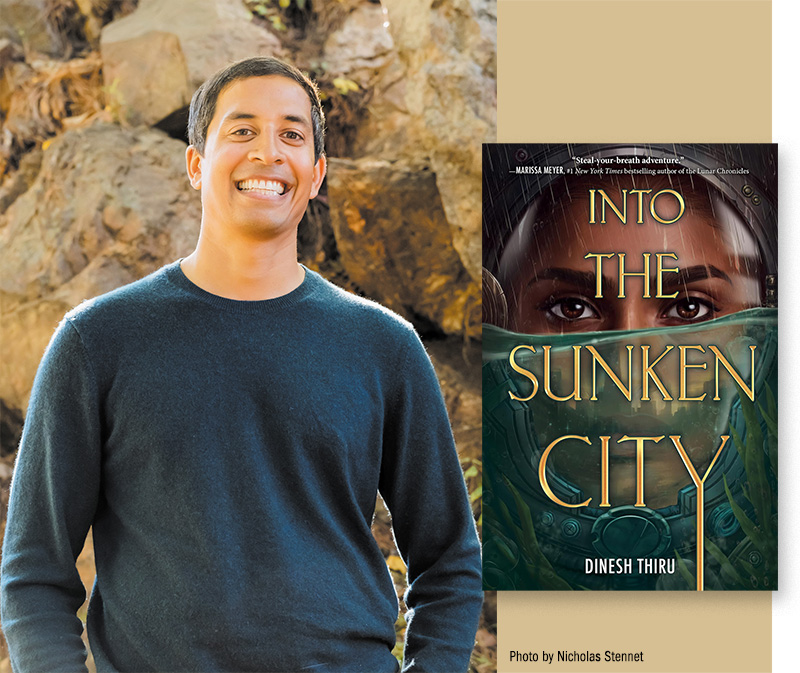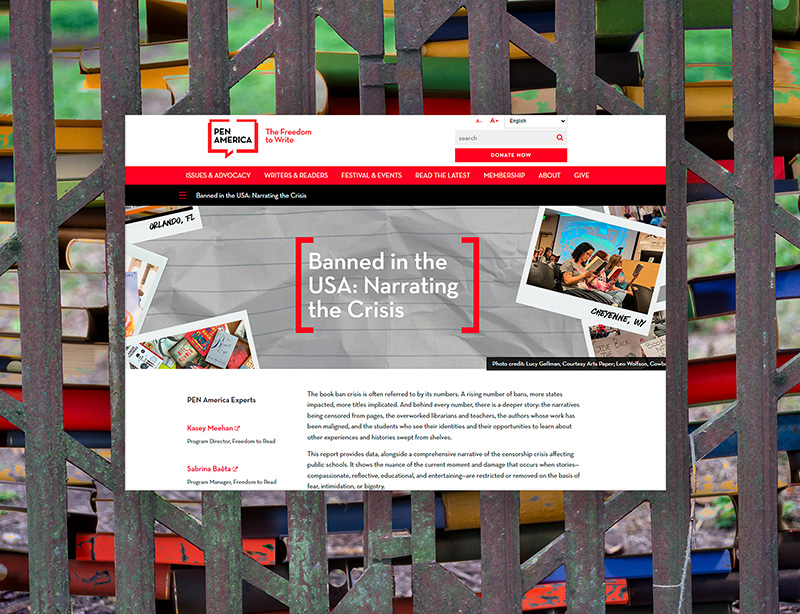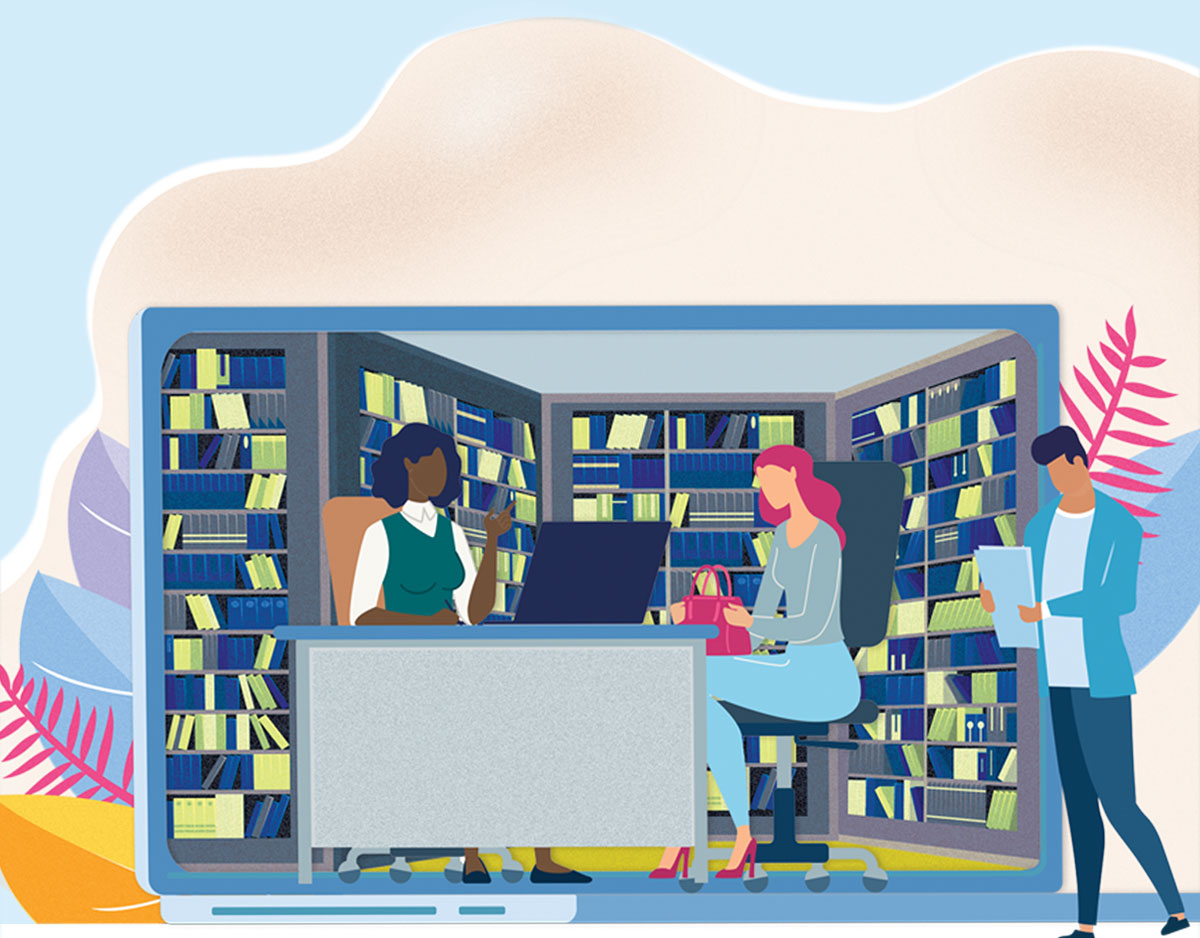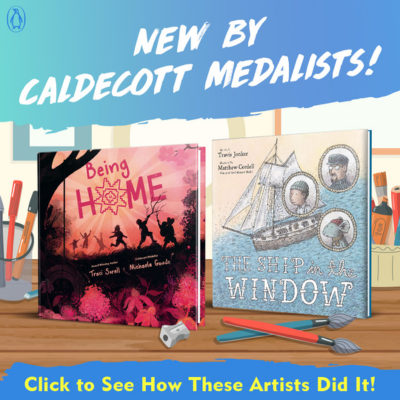SCROLL DOWN TO READ THE POST
InfoLit instruction: a few good portals
As we open our library doors–both virtual and physical–this fall, we are less alone than ever. Librarians (and others) are sharing when it comes to info lit learning activities.
I’ve been trying to aggregate some of my favorites in this Guide. And with the understanding that the best infolit instruction is integrated infolit instruction, I’ll highlight just a few information literacy portals to guide us as we develop that instruction this school year.
The Cooperative Library Instruction Project (CLIP), a partnership among Chemeketa Community College, Lane Community College, Oregon State University, Western Oregon University and Willamette University shares its free, ready-to-use, web-based tutorials to assist in library instruction and information literacy. The site also offers source files and encourages customization, as well as a CLIP template for LibGuide users.
ADVERTISEMENT
ADVERTISEMENT
If you have LibGuides at your institution, feel free to search for our guide and link to it so any changes/updates will be automatically reflected in your system. If you wish to edit the guide, you can choose to copy it to your system, but remember, as a copy it will not be automatically updated.
Though CLIP’s grant ends at the end of the month, current project coordinator Michael Baird, promises that the change should be fairly transparent for the users: the CLIP website, tutorials, quizzes, and other materials will remain available for use. The library faculty at Western Oregon University and other Oregon institutions will assume responsibility for maintenance and troubleshooting.
I’ve long admired the work of Esther Grassian, the newly retired Information Literacy Librarian of UCLA College Library. Recently, Esther posted on the INFOLit list that she had moved the content
from her university site to a new Google Sites version of Teach Information Literacy & Critical Thinking! Scroll down to the bottom of each page to see links to subpages. Esther’s slideshows, handouts, and other resources appear in the For Librarians page, available for downloading and adaptation, under a Creative Commons Attribution-NonCommercial-ShareAlike license.
You don’t have to be a NoodleTools subscriber (although I am) to benefit from Debbie Abilock’s shared resources for teachers and librarians. Debbie bases her thoughtful activities to promote and support 21st Century Literacies on Howard Gardner’s Intelligence Reframed.
Debbie bases her thoughtful activities to promote and support 21st Century Literacies on Howard Gardner’s Intelligence Reframed.
![]() The 21st Century Information Fluency has been around since 2001, beginning as a project of the Illinois Mathematics and Science Academy and funded by the US Department of Education to research and develop training in the largely unexplored field of online information literacy. Though the project is now a business with financial support coming through online course, workshop fees, and product licensing, the generous online content is free and the initial mission continues into a second decade: to help educators and students improve their ability to locate, evaluate and use digital information more effectively, efficiently and ethically. The site features material for all grade levels: tutorials, wizards for search, evaluation, and citation, a Glossary of Terms, Resource Kits (with a variety of game-like challenges).
The 21st Century Information Fluency has been around since 2001, beginning as a project of the Illinois Mathematics and Science Academy and funded by the US Department of Education to research and develop training in the largely unexplored field of online information literacy. Though the project is now a business with financial support coming through online course, workshop fees, and product licensing, the generous online content is free and the initial mission continues into a second decade: to help educators and students improve their ability to locate, evaluate and use digital information more effectively, efficiently and ethically. The site features material for all grade levels: tutorials, wizards for search, evaluation, and citation, a Glossary of Terms, Resource Kits (with a variety of game-like challenges).
 Of course, the Big6 site offers a wealth of shared resources–lessons, handouts, organizers, videos–around Mike Eisenberg and Bob Berkowitz’s six-stage information literacy process.
Of course, the Big6 site offers a wealth of shared resources–lessons, handouts, organizers, videos–around Mike Eisenberg and Bob Berkowitz’s six-stage information literacy process.
Late last year, AASL launched its collaborative 21st Century Learner Lesson Plan Database. Lessons are vetted for quality by AASL reviewers.
Users can search the database for lesson plans by learning standards and indicators, content topic, grade-level, resources used, type of lesson or schedule, keyword and much more. In addition, registered users can bookmark lesson plans in a portfolio for future use, rate and comment on lesson plans in the community, print to PDF and socially share lesson plans on the web, and create and publish their own lesson plans in the database.
Here’s a taste of the new lessons featured on the portal:
-
Asking research questions (ddorzweiler)
-
(klehman)
-
Rock Star Road Trip (ctdavis)
- It’s Debatable (DebLogan)
If primary sources play any role in your teaching, don’t forget the wonderful Teachers’ Page of the Library of Congress.
For more, please visit this LibGuide. And please suggest your own favorite portals in Comments.
Filed under: information literacy, instruction, teacher librarians
About Joyce Valenza
Joyce is an Assistant Professor of Teaching at Rutgers University School of Information and Communication, a technology writer, speaker, blogger and learner. Follow her on Twitter: @joycevalenza
ADVERTISEMENT
SLJ Blog Network
Happy Poem in Your Pocket Day!
This Q&A is Going Exactly As Planned: A Talk with Tao Nyeu About Her Latest Book
Family Style: Memories of an American from Vietnam | Review
From Page to Planet: Inspiring Young Environmental Champions Through Fiction, a guest post by Dana Klisanin
The Classroom Bookshelf is Moving
ADVERTISEMENT
ADVERTISEMENT

